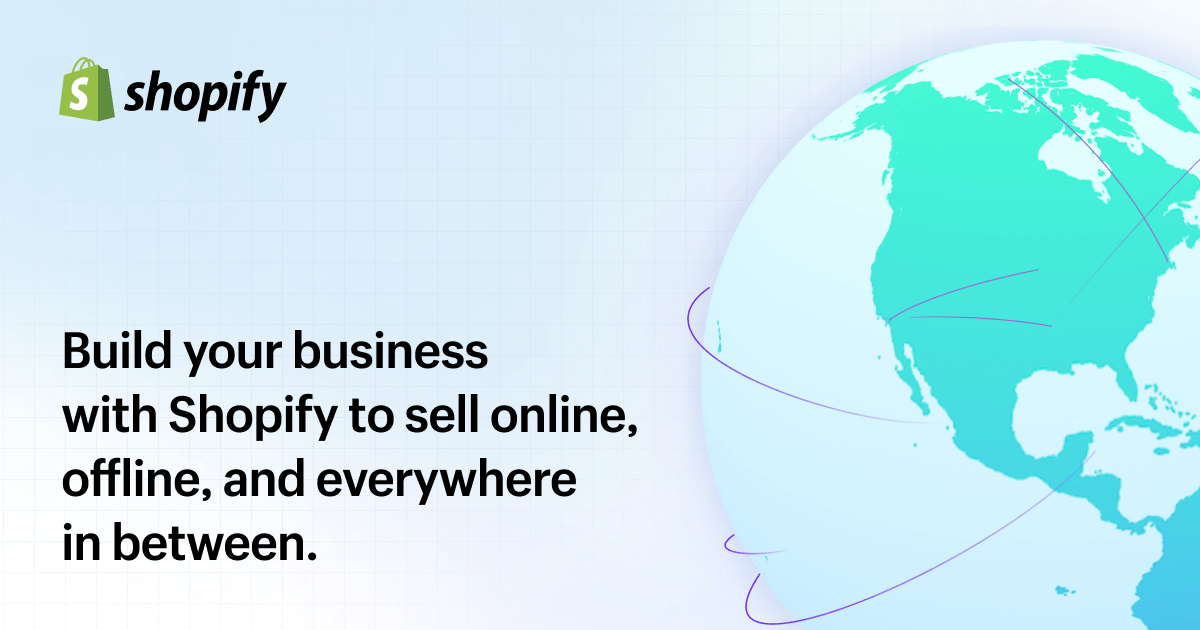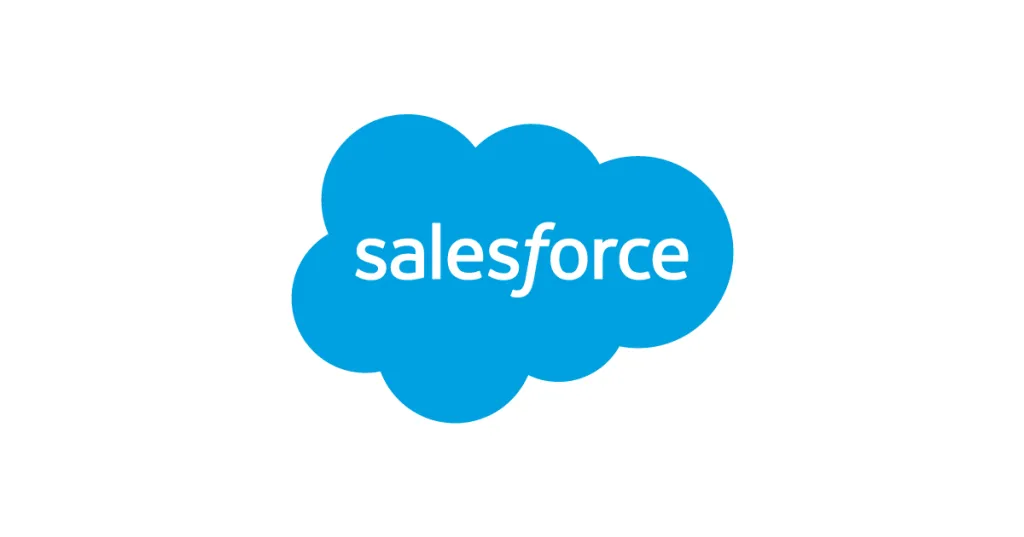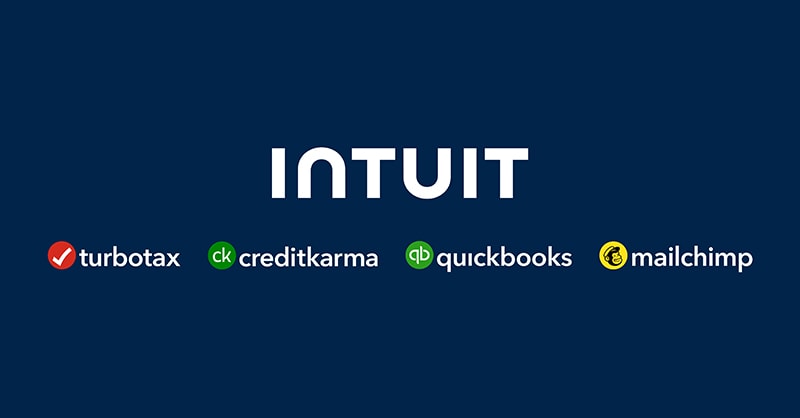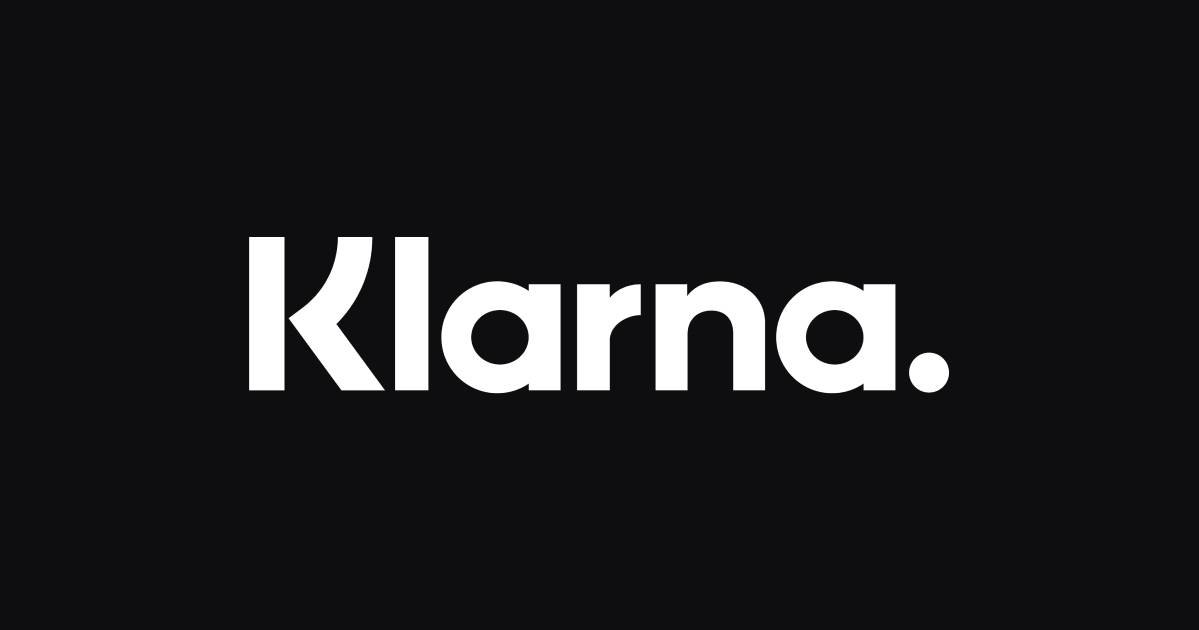Introduction
Building an online store is essential for retailers of all sizes to reach customers online. However, with so many ecommerce platform options on the market, it can be difficult to determine which one is the best fit. In this blog post, we will review the 15 top retail ecommerce platforms of 2023 based on features, capabilities, pricing and popularity. We’ll provide an overview of each platform and the pros and cons to help you decide which platform is right for your business needs and goals.
Methods of Evaluation
To determine the best retail ecommerce platforms for 2023, we evaluated each software based on the following factors: features and capabilities, ease of use, pricing structures, support options, integrations and app marketplace, mobile functionality, SEO and site speed optimization tools, security and reliability. We also factored in more subjective criteria like popularity based on traffic and number of merchant sites built on each platform. Popularity is a good indicator of a platform’s usability, support community and likelihood of long term viability. Lastly, we considered keywords trends and search volumes for each platform as well as their backlink profiles to determine which are growing in online visibility.
1. Adobe Commerce
Adobe Commerce, formerly known as Magento Commerce Cloud, is a powerful commerce platform developed by Adobe. It provides merchants with a customizable B2C and B2B ecommerce solution to build sophisticated online stores.
Pros: Key advantages of Adobe Commerce include:
– Formerly known as Magento Commerce Cloud
– Powerful platform ideal for complex B2B stores
– Integrates with Adobe marketing cloud allowing stores to leverage cross-channel campaigns and audiences
Cons: A potential disadvantage is the higher cost of Adobe Commerce compared to some open-source options. Advanced features and enterprise-level support come at a premium.
Pricing: Adobe Commerce pricing is based on annual revenue and starts at $150 per month for smaller stores. Enterprise plans for very large stores handling millions in revenue begin at $10,000 per month.
Some key stats about Adobe Commerce include:
– Used by over 250,000 online stores worldwide
– Integrates with the full Adobe marketing cloud including Adobe Experience Manager, Analytics and Target
– Highly customizable platform suitable for complex B2B stores selling configurations, assemblies and services
2. Yahoo Stores
Yahoo Stores is a leading retail management software built by Yahoo to help merchants set up and manage online stores. Launched in 1998, Yahoo Stores has been providing ecommerce solutions for over 20 years and currently powers thousands of online shops across the world.
Pros: The main advantages of using Yahoo Stores include:
– Free basic ecommerce plan from Yahoo with no transaction or monthly fees
– Easy drag-and-drop website builder for non-technical users to create online stores
– PayPal and credit card integration included to accept online payments seamlessly
Cons: The only potential downside is that the free basic plan has limited features compared to the paid plans. To unlock more advanced features like discounted pricing, custom shipping options and gift cards, merchants will need to upgrade to one of the paid monthly or annual subscription plans starting at $25/month.
Pricing: Yahoo Stores offers both free and paid subscription plans depending on merchant needs and business size:
– Free Basic Plan – Suitable for small stores with limited products. Includes basic site building tools and up to 250 product listings.
– Advanced Plan – Starting at $25/month – Unlocks more store customization, gift cards and discount pricing.
– Premium Plan – Starting at $50/month – Includes all features plus dedicated support.
Some key stats about Yahoo Stores include:
– Supported over 100,000 merchants globally
– Processed billions of dollars in annual online sales transactions
– Offers both free and paid subscription plans
– Integrates seamlessly with Yahoo and PayPal payment gateways
3. Weebly Ecommerce
Weebly is a free website builder and online publishing platform that allows users to create beautiful websites and online stores without any coding knowledge. Founded in 2006, Weebly provides a flexible drag-and-drop interface and free hosting to help users easily build and host their websites.
Pros: Some of the key advantages of using Weebly include:
– Beautiful free templates that are fully responsive and mobile optimized.
– Intuitive drag-and-drop website builder that is easy for non-technical users to use.
– Integrations with popular apps and services like Google Analytics, Google AdSense and MailChimp.
– Unlimited bandwidth and storage even on free plans.
– Affordable paid plans with advanced ecommerce features.
Cons: One potential disadvantage of Weebly is that it has more limited ecommerce capabilities compared to paid ecommerce platforms. While basic shopping cart and ordering is available, more advanced features like inventory management, tax calculation, advanced reports are limited on free and starter plans.
Pricing: Weebly offers the following pricing plans:
– Free Plan – Includes basic website building features for unlimited time.
– Performance Plan – Starts at $5/month billed annually and adds advanced features like custom domains.
– eCommerce Plan – Starts at $25/month with all Performance Plan features plus advanced shopping features.
– Professional Plan – $38/month billed annually and includes enterprise-grade website building features.
Some key stats about Weebly include:
– Used by over 40 million people worldwide to build over 60 million websites.
– Has raised over $100 million in funding from investors like Sequoia Capital and Matrix Partners.
– Has been acquired by Square Inc., the financial services and digital payments company, for $365 million in 2018.
– Offers unlimited bandwidth and storage for its free website builder plans.
– Has templates optimized for building responsive websites that look great on any device.
4. Shopify
Shopify is a leading ecommerce platform that allows merchants to set up an online store and sell products with integrated payments and shipping. Founded in 2004 and based in Ottawa, Canada, Shopify powers over 1 million businesses around the world.
Pros: Some key advantages of using Shopify include:
– Easy to use and has a huge library of themes and apps
– Developer friendly with liquid templating language
– Handles all aspects of running an ecommerce business from payments to shipping
Cons: One potential disadvantage is that Shopify plans and fees can be higher than some other ecommerce platforms for larger stores with high volume.
Pricing: Shopify offers several monthly pricing plans starting from $29 for basic ecommerce functionality up to $299 for advanced features like unlimited storage and products. There are no long term contracts or setup fees.
Some key stats about Shopify include:
– Over 1 million merchants globally use Shopify
– Processed over $175 billion in worldwide sales
– Available in over 175 currencies
– Over 3,500 apps available on the Shopify App Store
5. Wix Stores
Wix Stores is an all-in-one eCommerce platform that allows users to build and manage online stores. With Wix Stores, users get a complete online store solution that includes a drag-and-drop site builder, inventory management, promotions, shipping options and purchase processing.
Pros: Some of the key advantages of Wix Stores include:
– Intuitive drag-and-drop site builder for easy store creation
– Beautiful pre-designed templates to choose from
– Affordable pricing plans starting at $17/month
– Mobile-optimized stores for optimized mobile commerce
– Powerful analytics and reports to track store performance
Cons: One potential disadvantage is that customization capabilities are more limited compared to other eCommerce platforms like Shopify. Advanced developers may find the editor restrictive for complex custom storefronts.
Pricing: Wix Stores offers the following pricing plans:
– Basic: $17/month – Includes all core features for small stores.
– Unlimited: $25/month – Removes product and revenue limits of Basic plan.
Some key stats about Wix Stores include:
– Over 175 million users globally
– Supports over 500 payment providers
– Integrates with major shipping carriers like USPS, FedEx, and UPS
– Supports multi-channel selling across online stores, social media, and marketplaces
6. Squarespace
Squarespace is a leading all-in-one website building and hosting platform for creative professionals. Founded in 2004, Squarespace provides beautifully designed templates and an easy drag-and-drop interface to help users of all skill levels establish an online presence. With over 2 million website created on the platform, Squarespace has become one of the most popular choices for professionals and small businesses to create stylish, custom websites.
Pros: Key advantages of using Squarespace include:
– All-in-one platform for building, hosting, maintaining a website
– Beautiful built-in themes optimized for online portfolios, galleries, blogs
– Intuitive drag-and-drop interface requires no coding knowledge
– Built-in ecommerce functionality without additional fees or plugins
Cons: A potential disadvantage is that advanced customization capabilities are more limited compared to platforms that allow coding.
Pricing: Squarespace offers monthly and annual pricing plans starting at $12 per month for an Individual plan which includes a custom domain. Commence and Business plans with additional features are $18 and $26 per month respectively. Annual plans are 20% cheaper than monthly.
Some key stats about Squarespace include:
– Over 2 million websites built on the platform
– Available in 7 different languages
– 24/7 phone and email support
– Fully responsive templates that look great on any device
7. Jimdo
Jimdo is an all-in-one website builder and hosting platform that allows users to create professional-looking websites without any coding knowledge. Founded in 2007 and headquartered in Hamburg, Germany, Jimdo offers a complete digital solution for small businesses and individuals looking for an easy way to build and manage their online presence.
Pros: Some key advantages of Jimdo include: free starter plan available; drag-and-drop website builder that allows users to create a website without coding; simple features like pages, galleries and blogs that are ideal for small businesses and non-tech entrepreneurs; easy setup process that gets users online quickly with no technical skills required.
Cons: A potential disadvantage is that Jimdo may not have as advanced customization options and features compared to more robust but complicated website building platforms.
Pricing: Jimdo offers three paid plans starting from $5.80/month (Basic), $11.60/month (Premium), and $23.20/month (Business). All paid plans include unlimited storage, bandwidth and pages with enhanced security, support and features compared to the free starter plan.
Some key stats about Jimdo include: free starter plan available; over 10 million websites built; available in 9 languages; recognized as a leader in website builders by tech analysts G2 and Capterra.
8. Salesforce Commerce Cloud
Salesforce Commerce Cloud is a leading retail software developed by Salesforce that provides enterprises with omnichannel solutions to power digital commerce experiences. Salesforce Commerce Cloud enables brands and retailers to deliver consistent, personalized shopping experiences to customers across all channels including web, mobile apps, social platforms and stores.
Pros: Some key advantages of Salesforce Commerce Cloud include:
– Highly scalable platform ideal for large retailers with complex needs and high traffic volumes.
– Personalization abilities through AI, predictive tools and real-time customer data to deliver tailored experiences.
– Omnichannel capabilities that allow consistent shopping experiences across all digital and physical touchpoints.
Cons: One potential disadvantage is the higher price point compared to some other retail software solutions. Implementation and maintenance costs can be quite significant for larger deployments.
Pricing: Pricing for Salesforce Commerce Cloud is typically based on annual recurring revenue, number of end users, customer contractual commitments and required functionality. Licenses start around $150,000-$500,000 per year for standard subscriptions.
Some key stats about Salesforce Commerce Cloud include:
– Used by over 2,000 brands globally including major retailers like Office Depot, Tiffany & Co., Crate & Barrel, Timberland.
– Supports transactions of over $200 billion in annual revenue for customers.
– Stores and processes over 1 trillion commerce events each year across all customer interactions.
9. Quickbooks Commerce
Quickbooks Commerce is an ecommerce platform created by Intuit that provides an integrated solution for small businesses already using QuickBooks. It allows QuickBooks users to easily sell online by syncing products, customers and orders between their QuickBooks account and online store.
Pros: The main advantages of Quickbooks Commerce include:
– Integrated ecommerce for QuickBooks users
– Accounting and commerce easily synced together
– Useful solution for small businesses already using QuickBooks who want to sell online easily
Cons: A potential disadvantage is that Quickbooks Commerce may not be as fully-featured as other stand-alone ecommerce platforms, since its primary focus is integration with QuickBooks.
Pricing: Quickbooks Commerce pricing starts at $25 per month for a basic plan which allows for up to $150,000 in annual sales. Higher tier plans with additional features are available starting at $40 per month.
Some key stats about Quickbooks Commerce include:
– Over 130,000 merchants currently using the platform
– Integrates seamlessly with QuickBooks accounting software
– Average monthly transaction volume of over $1 billion processed through Quickbooks Commerce stores
10. WooCommerce
WooCommerce is an open-source e-commerce platform built on WordPress. It allows merchants to build an online store for selling physical and digital products. Over 4 million online stores use WooCommerce to power their e-commerce websites.
Pros: Some key advantages of using WooCommerce include:
– It is free and open source making it very cost effective
– Seamless integration with WordPress simplifies website management
– Large library of plugins and templates for customizing the storefront
– Mobile responsive design ensuring optimized experience on all devices
Cons: One potential disadvantage of WooCommerce is that as an open source platform, support is limited to online forums and documentation. Paid support plans are available but not required.
Pricing: WooCommerce is completely free and open source. Additionally, WooCommerce offers paid plans for premium features, support, and enhanced services starting at $99 per month.
Some key stats about WooCommerce include:
– Used by over 4 million online stores worldwide
– Integrates seamlessly with WordPress themes and plugins
– Large marketplace of extensions and templates for customizing stores
– Free and open source e-commerce platform
11. BigCartel
BigCartel is an online store platform designed for creative entrepreneurs and small businesses. Founded in 2009 and based in San Francisco, BigCartel allows users to easily build and customize online stores to sell their products without coding knowledge. With its emphasis on simple store creation and beautiful free templates, BigCartel is a popular choice for artists, crafters, musicians and other small merchants.
Pros: Key advantages of BigCartel include:
– Simple DIY storefront creator that requires no coding
– Large library of beautiful free store templates to choose from
– Well suited for small creative businesses and individual entrepreneurs
– Basic ecommerce capabilities to sell products and handle transactions
Cons: The main disadvantage of BigCartel is that it offers only basic ecommerce functions. More advanced features like discounted pricing, gift cards, loyalty programs etc are not available on the free plan.
Those looking for more robust features will need to upgrade to one of BigCartel’s paid plans.
Pricing: BigCartel offers three pricing tiers:
– Free plan – Includes basic store features. Charges 3% transaction fee per order.
– Plus plan – $9/month. Adds custom domain, no transaction fees and other enhancements.
– Pro plan – $16/month. Includes all Plus features plus increased storage, sales reports etc.
Some key stats about BigCartel include:
– Used by over 500,000 merchants worldwide
– hosts over 2 million product listings
– Offers hundreds of free customizable store themes
– Basic ecommerce features like inventory management, tax settings etc. are included
12. SAP Commerce Cloud
SAP Commerce Cloud is a leading retail software platform developed by German software corporation SAP. Formerly known as Hybris, SAP Commerce Cloud enables companies to deliver personalized omnichannel shopping experiences across all digital touchpoints including websites, mobile apps, call centers, IoT devices and more.
Pros: Some key advantages of SAP Commerce Cloud include: highly configurable to support complex B2B and B2C scenarios, robust order management capabilities, tight integration with the SAP ecosystem allows for unified CX, seamless support for omnichannel experiences across web, mobile, call centers etc.
Cons: A potential disadvantage is the higher cost of implementation and ownership compared to some open-source or low-cost alternatives due to the robust functionality and capabilities of SAP Commerce Cloud targeting large enterprises.
Pricing: SAP Commerce Cloud pricing is typically based on annual subscription fees including both upfront and ongoing costs. Pricing depends on implementation complexity, number of users, product SKUs, revenue processed and other factors. SAP also offers flexible payment and financing options.
Some key stats about SAP Commerce Cloud include: Used by over 1800 clients globally, powers over $200B in commerce transactions annually, over 20 years of experience in commerce solutions, integrated with the full SAP ecosystem including SAP S/4HANA, SAP Marketing Cloud and SAP Customer Experience.
13. PrestaShop
PrestaShop is a free and open source ecommerce platform built for merchants and online sellers. Founded in 2005, PrestaShop allows merchants to create fully functional online stores without any upfront costs. With over 300,000 active online stores powered by PrestaShop, it is one of the most widely used open source ecommerce solutions in the world.
Pros: Some key advantages of PrestaShop include:
– Free and open source software with no licensing fees
– Highly customizable through admin panel and modules
– Large library of free and paid themes available
– Well integrated third party APIs like Facebook, PayPal and major shipping providers
– Constant updates and new feature additions by developers
Cons: One potential disadvantage of PrestaShop could be the learning curve for customization. Compared to simpler drag-and-drop site builders, PrestaShop requires working with code for advanced customizations and theme development.
Pricing: PrestaShop is available completely free of cost for basic usage. However, merchants can opt for paid PrestaShop hostings, subscriptions or support services for advanced features and 24/7 support.
Some key stats about PrestaShop include:
– Used by over 300,000 online stores globally
– Available in 60+ languages
– Over 400 add-on modules available for additional features
– Community of over 15,000 developers providing support, modules and themes
14. Square Online Store
Square Online Store is an all-in-one online store solution developed by Square to help businesses set up an online storefront. It allows merchants to sell products and services online through a simple yet robust platform.
Pros: Some key advantages of Square Online Store include:
– Simple and intuitive drag-and-drop design interface for building online stores
– Built-in themes that don’t require code knowledge to customize
– Integrates directly with Square POS for syncing products and order fulfillment
– Offers basic ecommerce features out of the box like inventory management, shipping options, and tax calculations
– Accepts major credit cards and digital wallets for secure online payments
Cons: A potential disadvantage is that Square Online Store is focused more on basic ecommerce functionality suited for smaller SMBs rather than advanced features found in more robust ecommerce platforms.
Pricing: Square Online Store pricing is as follows:
– Free starter plan with no transaction or monthly fees, but limited features
– Pay-as-you-go Pro plan charges 2.9% + $0.30 per online transaction
– No long term contracts or cancellation fees
Some key stats about Square Online Store include:
– Used by over 300,000 Square sellers worldwide
– Processes over $10 billion in annual GPV
– Integrates directly with Square POS for seamless in-store and online ordering
– Offers shipping integrations with major carriers like UPS, FedEx, and USPS
15. Klarna Checkout
Klarna Checkout is a retail software solution that provides flexible payment options for online shoppers. Founded in 2005 and headquartered in Stockholm, Sweden, Klarna has become a major player in the retail payments industry. Klarna Checkout offers merchants an integrated checkout experience that enhances conversions while allowing buyers the convenience of ‘Buy Now, Pay Later’ and installment plans.
Pros: Some key advantages of Klarna Checkout include:
– Flexible payment options like Pay Later and installment plans that increase cart values and conversions
– Seamless checkout experience that is integrated directly into the merchant website
– Detailed transaction and customer purchase insights to optimize marketing and sales
Cons: One potential disadvantage is that by offering flexible payment options, merchants may face higher risks of non-payment or delayed payment compared to traditional credit card transactions.
Pricing: Klarna Checkout pricing is based on a percentage of the order value. Typical rates range from 1.9-6.9%, with volume discounts available. There are no setup or monthly fees to use Klarna Checkout.
Some key stats about Klarna Checkout include:
– Used by over 250,000 merchants worldwide
– Processed over $150 billion in online transactions in 2021
– Available in 20+ countries globally
– Supported payment methods include credit/debit cards, bank transfers, and ‘Pay Later’ options
Conclusion
Whether you’re just starting an online store or taking an existing business online, choosing the right ecommerce platform is one of the most important decisions for your success. We hope this detailed review of the top 15 retail ecommerce platforms has helped you narrow down the options and better understand the pros and cons of each. Be sure to take the time to test and trial the software that best fits your unique needs and goals. With the right ecommerce platform, you’ll be well equipped to meet customers online and grow a thriving digital business.


















